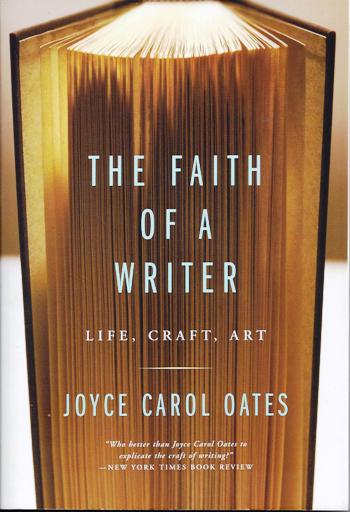 |
Viết
 INTRODUCTION
Writing is
the most solitary of arts. The very act of withdrawing from the world
in order
to create a counter-world that is "fictitious"-“metaphorical"-is
so curious, it eludes comprehension. Why do we write? Why do we read?
What can
be the possible motive for metaphor? Why have some of us, writers and
readers
both, made of the "counter-world" a prevailing culture in which,
sometimes to the exclusion of the actual world, we can live? These are
questions I've considered for much of my life, and I've never arrived
at any
answers that seemed to me final, utterly persuasive. It must be enough
to concede,
with Sigmund Freud in his late, melancholy essay Civilization
and Its Discontents, that "beauty has no obvious use;
nor is there any clear cultural necessity for it. Yet civilization
could not do
without it." Each of these essays, written over a period of years,
represents
a distinct facet of writing to me. Obviously, the so-called creative
impulse
begins in childhood, when we are all enthusiastic artists, and so I've
included
several essays about childhood experiences and predilections. Since
writing is
ideally a balance between the private vision and the public world, the
one
passionate and often inchoate, the other formally constructed, quick to
categorize and assess, it's necessary to think or this art as a craft.
Without
craft, art remains private. Without art, craft is merely hackwork. The
majority
of the essays deal with this issue, most explicitly in "Reading as a
Writer: The Artist as Craftsman" which focuses upon several works of
fiction
in analytic detail. Young or beginning writers must be urged to read
widely,
ceaselessly, both classics and contemporaries, for without an immersion
in the
history of the craft, one is doomed to remain an amateur: an individual
for
whom enthusiasm is ninety-nine percent of the creative effort. March 2003 Joyce Carol Oates MY FAITH AS
A WRITER I believe
that art is the highest expression of the human spirit.
|